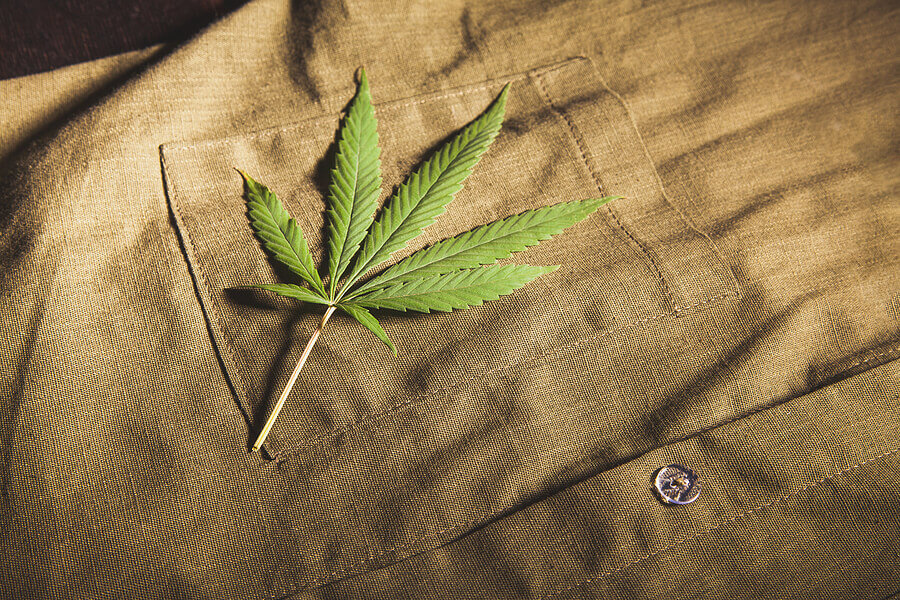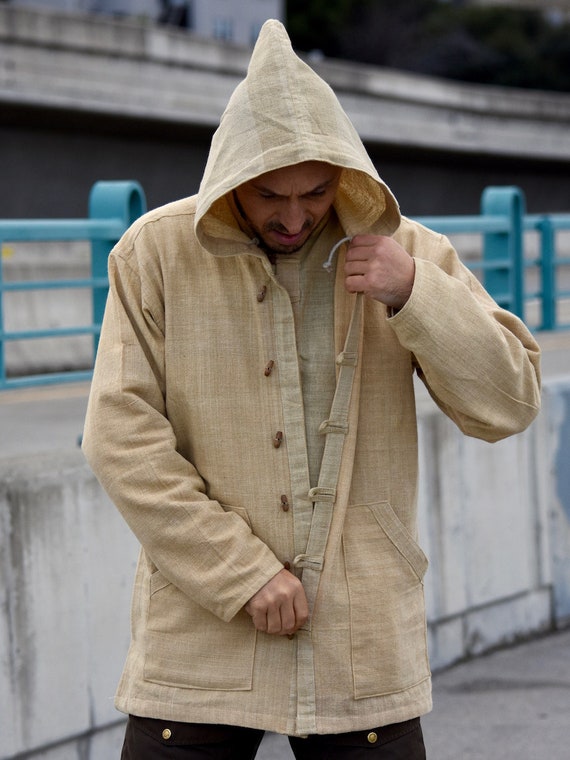Excellent Ideas For Selecting Hemp Clothing
Wiki Article
What Are The Environmental Advantages Of Low-Impact Fibre Hemp Clothing?
The hemp clothing made from low-impact is more sustainable than clothes made of synthetic fibers. Hemp clothing is eco-friendly. It grows quickly and requires very little irrigation, pesticides and herbicides in comparison to other crops. Hemp can adapt to a variety of climates and soil types and climates, which decreases the need for agricultural chemical.
Hemp is known to require less water than cotton. Cotton, on the other hand is known for its high water consumption. It makes hemp clothes an efficient option when it comes to water usage.
Hemp can grow without the use of herbicides and pesticides. In many instances this helps reduce the environmental impact of chemical farming.
Hemp can aid in improving soil health because of its roots that are deep, which prevent compaction and erosion. The soil is also left in better shape to grow future crops.
Biodegradability Hemp fibres are biodegradable, and they degrade in time. They help reduce the impact on the environment of textiles. Polyurethane and synthetic fibers can take a lot of time to decompose.
Lower Carbon Footprint - The hemp fiber production generally has a less carbon footprint when compared to synthetic materials. In addition, hemp is able to absorb carbon dioxide from the atmosphere in its growth and act as carbon sink.
Hemp clothing is durable and can last for many years. The best hemp clothing can last for many years, reducing the need for frequent replacements and further reducing the amount of waste.
Hemp plants are naturally intolerant against pests. This reduces the need for pesticides.
Hemp has a wide range of applications in textiles, like bags, clothing, accessories and many more. This makes it an eco-friendly and versatile choice for textiles and fashion.
Regenerative Agriculture: Certain sustainable farming practices include hemp in regenerative agricultural systems that seek to improve ecosystems and improve their functioning while also producing crops. This approach may have positive impacts on the environment.
It is important to remember that while hemp may provide numerous environmental advantages but the sustainability of clothing depends also on a variety of factors, including transport, dyeing methods, consumer behavior, etc. Like any other industry, you can find different methods of production and guidelines. This is why it's crucial to find hemp-certified clothing or organic clothes. This will provide the greatest environmental benefit. View the top https://www.koraoutdoor.com/blogs/all/unveiling-natures-performance-hemp-activewear for more tips including hemp clothing near me, patagonia work pants hemp, hemp underwear, organic hemp clothing, hemp tank top, patagonia island hemp pants, clothes made from hemp, hemp long sleeve shirt, hemp shirts mens, organic hemp clothing and more.

What Makes Hemp Clothing More Useful And Technologically Superior Than Conventional Fibres Compared To Other Fabrics?
Hemp clothing offers a variety of technical and functional benefits in comparison to traditional fabrics. It is also environmentally friendly. Here are a few ways which hemp clothing is an eco-friendly and high-performance option in terms of moisture wicking and breathability-
Hemp fibres are extremely permeable. They also help to wick away water, making hemp clothing very comfortable in all conditions. They will help you stay cool and dry, and help to stop the growth of bacteria.
Temperature Regulation
Hemp clothing exhibits excellent thermoregulatory characteristics. It will keep you warm by storing warmth close to you, and can also help you to stay cool in hot weather. This natural regulation of temperature could reduce the necessity to change clothes often.
Durability and longevity
Hemp fibers are renowned for their strength. Hemp clothing is known to be more durable, resistant to wear, and more durable than other fibers. It means that hemp clothing will last longer. It also means less requirement for regular replacements.
UV Protection
Hemp fibers shield the skin by blocking harmful UV radiations. This is especially beneficial for outdoor sports and activities.
Biodegradability:
Hemp clothing breaks down in time. It is a great way to reduce textile waste and its impact on the environment.
Low Environmental Impact-
Hemp farming generally uses less synthetic pesticides and herbicides than conventional cotton. Hemp also consumes less water which makes it a green alternative. The ecological benefits of organic hemp farming are even more pronounced.
Carbon Sequestration-
When they grow hemp plants are able to absorb carbon dioxide from the air. The cultivation of hemp works as a carbon sink and assists in reducing the amount of greenhouse gases.
Crop rotation and sustainability-
Hemp is a great crop to incorporate into your crop rotations. It enhances soil health and reduces the risk of developing diseases. This method of farming that is environmentally friendly is possible due to sustainable farming methods.
Versatility:
Hemp fibers can be blended together with other materials (such organic cotton or recycled polyester) to make eco-friendly, high performance blends of fabric. This versatility allows for the development of new, sustainable textile products.
Low Toxicity
Hemp fibers are low in toxicity, by nature, and do not require chemical processing. They help reduce the environmental impacts of production of textiles.
It is crucial to keep in mind that while hemp does have many eco-friendly, functional advantages, its overall sustainability also depends on factors such as the process of dyeing, transportation and ethical working practices. If you're looking to make an an environmentally-friendly choice, look for clothing companies which are committed to transparency and sustainability when using hemp fibers as well as other environmentally-friendly materials in their clothing. Take a look at the top rated hemp clothing examples for site info including hemp polo shirts, jungmaven t shirt, american made hemp clothing, patagonia double knee pants, hemp fleece fabric, jeans hemp, hemp tank top, nomad hemp wear, hemp textiles, patagonia hemp jacket and more.

What Are Some Of The Benefits Of Bamboo Clothing For Comfort And The Environment?
Bamboo clothing is a great choice for both comfort and environment.
The softness of bamboo fabrics is famous for their incredible softness. It has a silky smooth texture that feels comfortable against the skin. Bamboo clothing is luxuriously soft and popular for loungewear, activewear intimate apparel, and other kinds of clothing.
Bamboo fibers breathe well and are able to absorb moisture. Air circulates through the gaps, keeping you cool during hot temperatures. The moisture-wicking properties help remove sweat from the skin and decrease the sensation of dampness.
Bamboo clothing exhibits excellent thermoregulation properties. It is able to keep you warm in colder temperatures by trapping heat close to your body. In hot weather it will aid in keeping you cool by allowing the excess heat and moisture to escape. Bamboo clothing is suitable to wear all year round because it is adaptable to different temperatures.
Hypoallergenic- Material made from bamboo is gentle and hypoallergenic. Bamboo fabric is less likely than other materials to trigger allergic reactions or irritations, so it's a good choice for those who have sensitive skin or allergies.
Bamboo fibers contain natural antimicrobial properties that prevent the growth and spread of bacteria that cause odor. Bamboo clothing is able to stay fresh even after exercise.
Environment-
Bamboo is a source of renewable energy that is sustainable. It is among the fastest-growing species and requires minimal water. There are no herbicides, pesticides or other chemicals are required to cultivate it. Bamboo is harvested without killing it because the root system of bamboo regenerates.
Bamboo is water efficient due to nature. It can grow with little irrigation, and is often planted with rainwater only. This helps reduce the negative environmental impact of water consumption in agriculture.
Biodegradability. Bamboo clothing is biodegradable. They naturally decay with time. This property reduces non-biodegradable waste textiles that end up in landfills.
Carbon Sequestration Bamboo plants have the capacity to sequester CO2 from air during their rapid expansion. Bamboo can be used as a carbon sink to assist in the fight against climate change.
Chemical Reduction. Bamboo fabric production generally requires less chemical treatment and processing than other textiles. This means that the textile industry has less environmental impact.
Closed-Loop Production- Some bamboo fabric manufacturing processes employ closed loop systems, which reuse and recycle water and chemicals, while minimizing waste and pollution.
Be aware that the effects of bamboo clothing on the environment can vary based on the type of manufacturing process used and whether bamboo was sourced ethically and sustainable from bamboo forests. To get the most sustainable results for the environment consumers should select bamboo clothing produced with eco-friendly and ethical methods. Have a look at the top rated bamboo clothing tips for blog examples including cheapest bamboo pajamas, bamboo shorts, bamboo pants, bamboo ladies clothing, ladies bamboo tops, bamboo fitness clothing, bamboo boxer shorts, bamboo cotton shirts, bamboo yoga leggings, bamboo fishing shirts and more.
